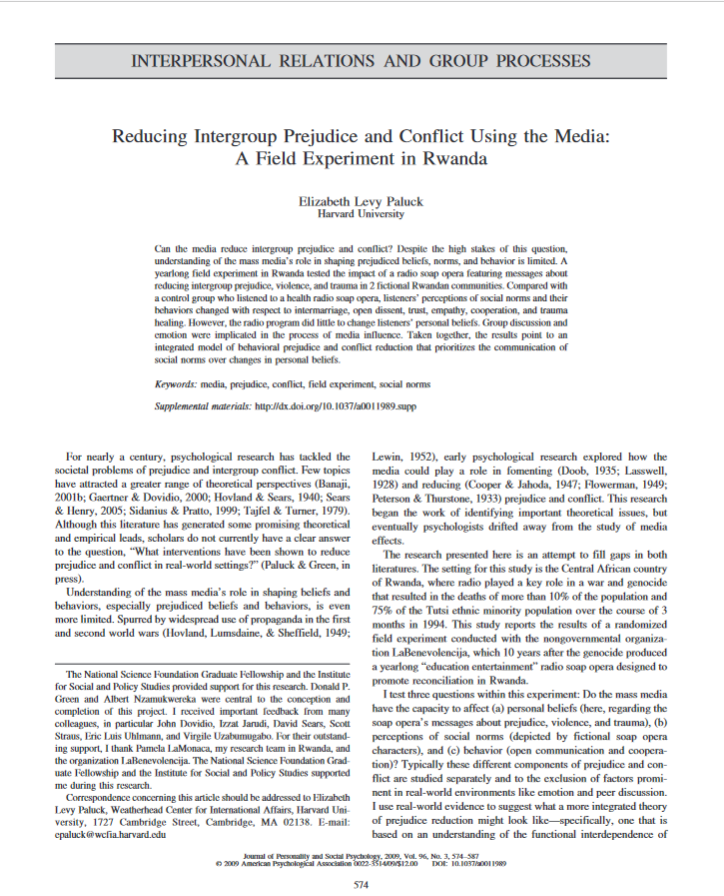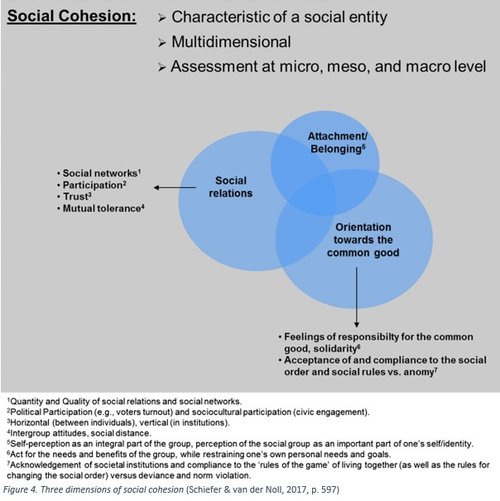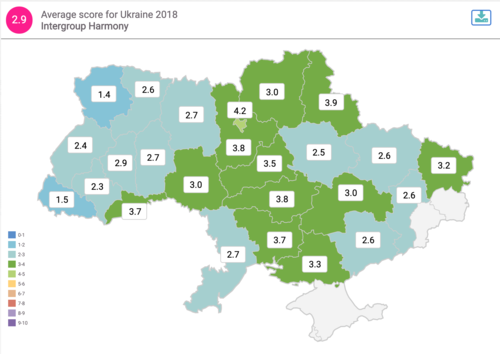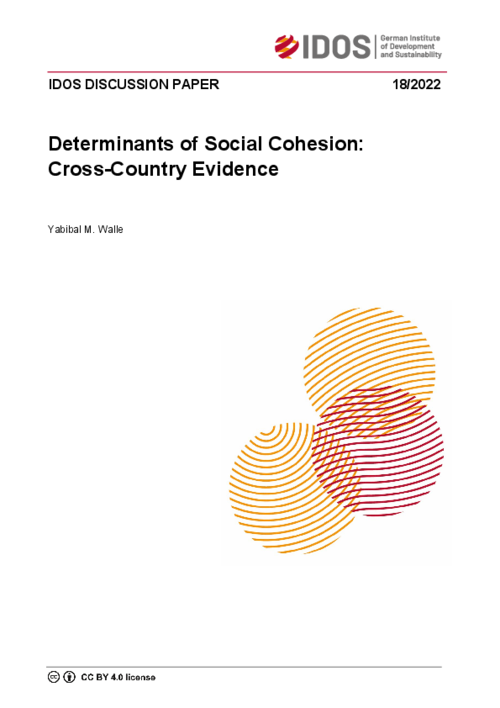Reducing intergroup prejudice and conflict using the media: A field experiment in Rwanda
Key facts
Intergroup relations
Orientation towards the common good
Cooperation
Media and ICT
Health
Summary
Can the media reduce intergroup prejudice and conflict? Despite the high stakes of this question, understanding of the mass media's role in shaping prejudiced beliefs, norms, and behavior is limited. A yearlong field experiment in Rwanda tested the impact of a radio soap opera featuring messages about reducing intergroup prejudice, violence, and trauma in 2 fictional Rwandan communities. Compared with a control group who listened to a health radio soap opera, listeners' perceptions of social norms and their behaviors changed with respect to intermarriage, open dissent, trust, empathy, cooperation, and trauma healing. However, the radio program did little to change listeners' personal beliefs. Group discussion and emotion were implicated in the process of media influence. Taken together, the results point to an integrated model of behavioral prejudice and conflict reduction that prioritizes the communication of social norms over changes in personal beliefs.

Explore the hub further




